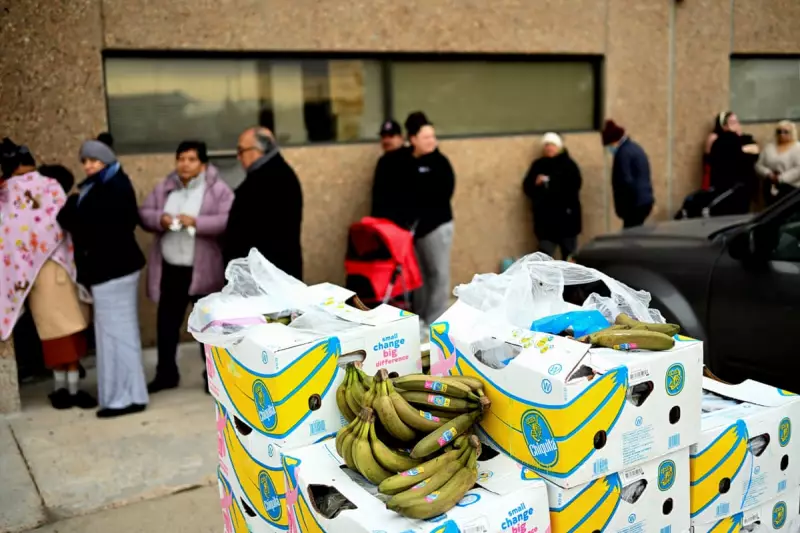
In a move that could reshape America's social safety net, former President Donald Trump has unveiled a controversial proposal requiring states to shoulder a portion of the costs for the Supplemental Nutrition Assistance Programme (SNAP), commonly known as food stamps.
What the proposed changes mean for millions
The radical overhaul would mark the first time in the programme's history that states would be compelled to contribute directly to food stamp funding. Currently, SNAP operates as a fully federally-funded programme, providing nutritional support to approximately 42 million low-income Americans.
Under Trump's blueprint, states would be required to cover between 10-25% of their SNAP costs, creating what critics describe as an "unprecedented financial burden" on state budgets already stretched thin.
Administration's justification versus reality
The Trump campaign frames the proposal as a necessary measure to "restore fiscal responsibility" and encourage states to implement what they call "more effective management" of welfare programmes. They argue that financial skin in the game would incentivise states to reduce fraud and ensure benefits reach only the truly deserving.
However, anti-poverty organisations and Democratic lawmakers are sounding alarm bells, warning that the changes could have devastating consequences:
- Massive benefit cuts as states struggle to meet funding requirements
- Potential elimination of eligibility for hundreds of thousands of families
- Creation of a "postcode lottery" where benefits vary wildly between states
- Disproportionate impact on children, elderly, and disabled recipients
The political battle ahead
This proposal sets the stage for a fierce political confrontation should Trump return to the White House. The plan would require congressional approval, where it would likely face staunch Democratic opposition.
Meanwhile, Republican-led states that have traditionally supported Trump now face a difficult dilemma: embrace a policy that aligns with conservative welfare principles but could blow massive holes in their state budgets.
The debate over SNAP funding represents more than just a budgetary discussion—it touches on fundamental questions about the government's role in supporting vulnerable citizens and could redefine America's approach to poverty alleviation for generations to come.





